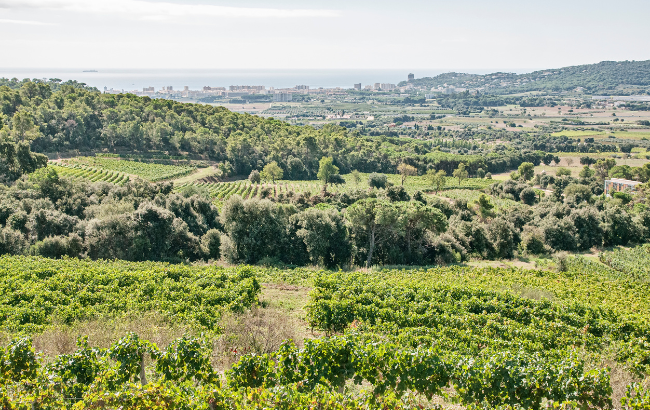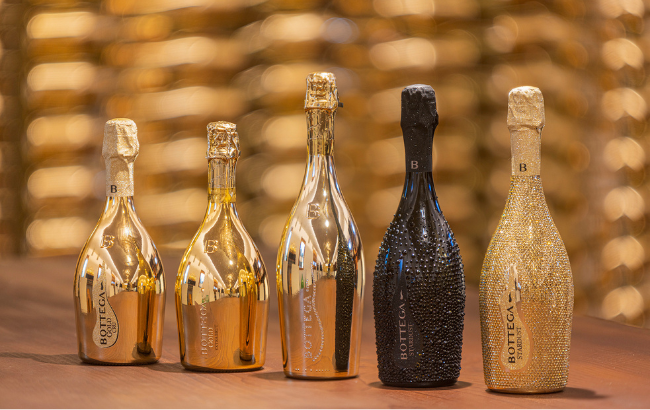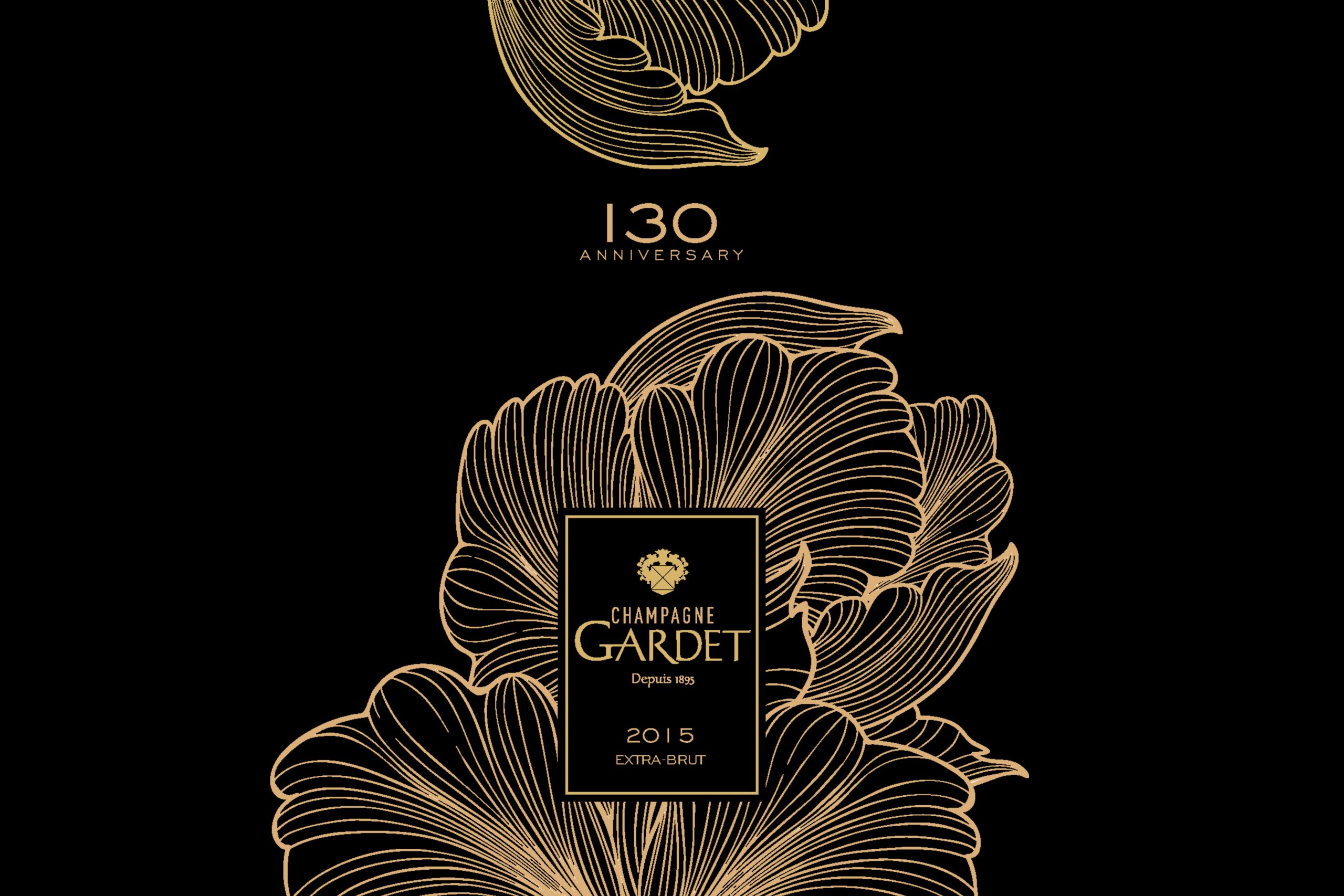db Meets: Carl Anthony Brown of Crossip
By Lucy ShawCarl Anthony Brown is an award-winning bartender, mixologist and TV drink’s expert. He worked in the drinks industry for 17 years before launching alcohol-free spirit Crossip last year.
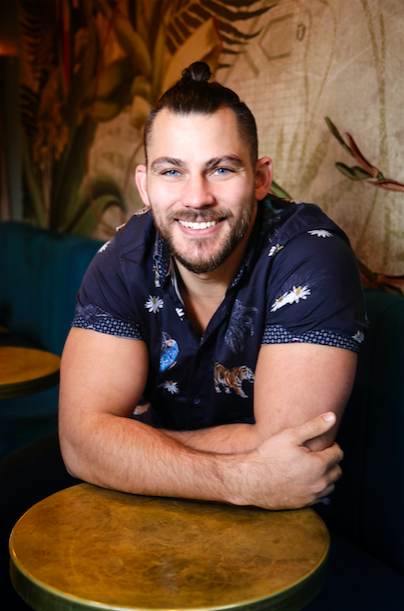
Why did you decide to launch a non-alcoholic spirit?
It wasn’t really anything to do with being sober, it was more about wanting to have an adult alternative to alcohol. When I didn’t feel like having an alcoholic drink I found my low-alcohol or alcohol-free options were limited and felt a lot of the zero alcohol drinks like virgin cocktails and mocktails were quite childlike in flavour.
This was really the core reason for creating Crossip. I didn’t want to replicate a specific spirit or drink on the market, like a non-alcoholic whisky or alcohol-free gin. I wanted to create something that was new in taste but that had a real, mature flavour akin to alcohol that could be used in a variety of non-alcoholic cocktails
You launched Crossip in 2020, how is the business going?
It’s been an unprecedented time for all businesses and for us it changed the direction in which we went. My background is in bars and the team have extensive contacts across the hospitality sector. It made sense for us to launch in bars and restaurants initially and then roll out Crossip direct to the consumer. However, we had to re-think this and pivot, meaning we launched direct to consumer. It was different and it was a learning experience, but things have been going well so far.
How do you make Crossip? Describe the taste…
We position ourselves as ‘unapologetically bold’ as our flavours really pack a punch. Each one of our three expressions, Pure, Fresh and Dandy, have their own distinct flavour but they are all created using the same process. We use raw botanicals, spices, herbs and roots and then use a maceration process, like steeping tea, to extract the flavour.
Was it a conscious choice not to replicate the flavour of a specific spirit?
Yes, the whole point is we’re not copying drinks that already exist. Instead, we’ve created drinks with a depth of flavour and texture that are comparable to traditional spirits. In creating Crossip, I took a different approach by working backwards and reverse engineering the flavour profiles from the finished cocktail. The individual flavours from cocktail ingredients don’t truly reveal themselves until the cocktail is complete. I wanted to create a flavour that had an adult taste and gave the kick and heat of alcohol through the different layers of the cocktail, rather than trying to replicate the specific flavour of say a neat whisky or a gin.
Partner Content
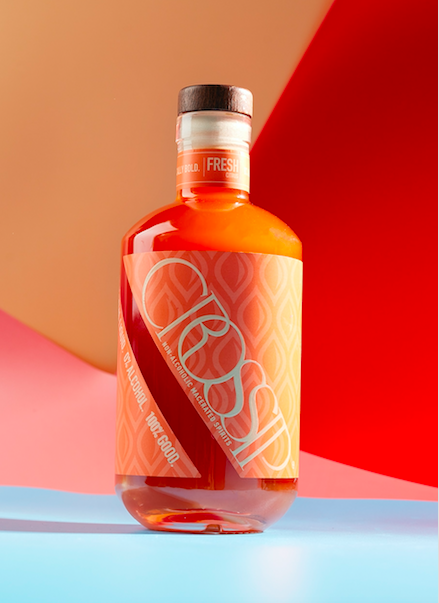
How would you suggest people serve Crossip?
It’s bold in flavour so I don’t recommend drinking it neat. A great way to enjoy the drinks are with simple serves. I’d recommend serving Fresh with tonic, Pure with soda and Dandy with ginger ale or cola. That said, my favourite way to enjoy Crossip is in cocktails. We have a host of serve recommendations on our website, or it’s always fun to try and invent something new using the different Crossip flavour profiles.
The non-alcoholic sector is a growing part of the drinks industry, do you think it will continue to prove popular with consumers and evolve?
I’d say there’s a long way to go yet. I think we’re only at the start and there is so much more growth and learning to come. There are different types and categories in the alcohol-free sector as there is in the alcohol world and I hope these will become more defined and recognised as time goes by.
How do you differ from other brands in the market?
We’re 100% zero – no alcohol is used anywhere in the process. Crossip is thicker and more textured than other non-alcoholic ‘spirits’ and we’re flavour led rather than a replication of an existing drink.
An important part of your business model is social responsibility, why is this important to you?
It’s the core of the business as we wanted to make a drink that’s positive towards people’s mental and physical health and we wanted our business model to reflect this too. We donate 5% of profits to a number of causes affecting modern society, ranging from mental health to addiction.
Related news
Trump tariff explainer: the main takeaways
The Montana Distillery files for bankruptcy
Formula 1 at a crossroads: tradition meets wellness in sponsorship evolution

